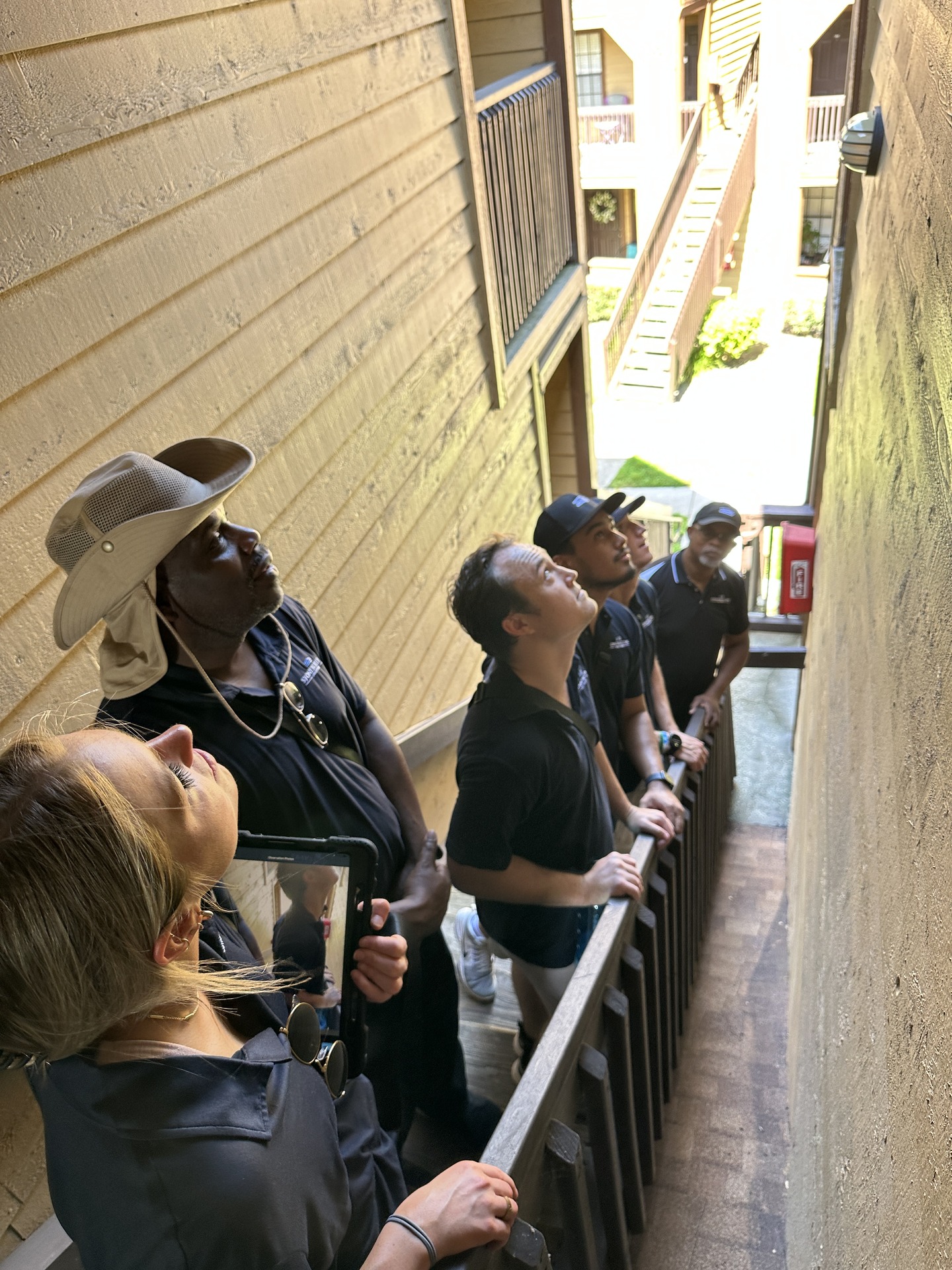How To Conduct A Building Defect Inspection For Florida Condominiums

Florida’s stunning coastline and vibrant communities make it a top choice for condominium living. However, the state’s unique climate also poses challenges that can lead to building defects over time. Conducting a building defect inspection is an essential step in maintaining the structural integrity and safety of your condominium. By identifying and addressing defects early, you can prevent costly repairs and ensure a safe living environment.
Understanding Building Defect Inspections
A building defect inspection involves a detailed examination of a property to identify any structural issues or safety hazards. These inspections are necessary for maintaining the integrity of condominiums, especially in Florida, where high humidity, salty air, and frequent storms can accelerate wear and tear.
The process involves assessing various components, including the foundation, roof, plumbing, and electrical systems, to ensure everything meets safety standards.
Preparing for the Inspection
Before beginning a building defect inspection, it is important to gather all relevant documents, such as previous inspection reports, maintenance records, and construction plans. This information provides valuable context and helps the inspector identify potential problem areas more efficiently. Ensure that the inspection team has access to all areas of the property, including roofs, basements, and utility rooms, to conduct a thorough evaluation.
Key Areas to Inspect
- Foundation and Structural Elements: The foundation is the most critical component of any building. Inspectors should look for cracks, settling, or other signs of instability. Structural elements like beams and columns should be checked for signs of wear, corrosion, or other damage that might compromise the building’s integrity.
- Roof and Waterproofing: Florida’s weather conditions can be harsh on roofs. Inspectors should check for leaks, missing shingles, and proper drainage. Waterproofing is essential to prevent water intrusion, which can lead to mold growth and structural damage.
- Plumbing and Electrical Systems: Inspect the plumbing for leaks, corrosion, and any signs of damage. Electrical systems should be evaluated for outdated wiring, overloaded circuits, and compliance with safety codes. Addressing these issues early can prevent major safety hazards.
- Exterior Walls and Windows: Inspect the building’s exterior for cracks, water stains, and other signs of deterioration. Windows and doors should be checked for proper sealing and functionality to ensure energy efficiency and prevent water intrusion.
- Common Areas and Amenities: Inspect common areas like hallways, elevators, and recreational facilities for safety hazards and maintenance needs. These areas are essential for resident satisfaction and should be kept in excellent condition.
Conducting the Inspection
A building defect inspection requires the expertise of a qualified inspector who understands the unique challenges of Florida’s climate. The inspector will conduct a visual examination of all accessible areas and use specialized equipment, such as moisture meters and thermal imaging cameras, to detect hidden issues. It’s important to document all findings thoroughly, including photographs and detailed notes on any defects identified.
Reporting and Addressing Defects
Once the inspection is complete, the inspector will compile a comprehensive report outlining any defects found and recommendations for remediation. This report serves as a valuable tool for planning necessary repairs and ensuring the building remains safe and compliant with Florida regulations. Addressing defects promptly can prevent further deterioration and protect the investment in your condominium.
Florida’s Best in Condo Inspections: Spotting Defects Before They Become Problems
At Stone Building Solutions, we specialize in conducting thorough Milestone Inspections for Florida condominiums. Our experienced team of licensed inspectors and engineers utilizes cutting-edge technology to identify potential issues and provide actionable solutions.
With our comprehensive inspection reports, you can confidently address any defects and maintain the integrity of your property. Contact us today to schedule an inspection and ensure your condominium remains safe and structurally sound.
